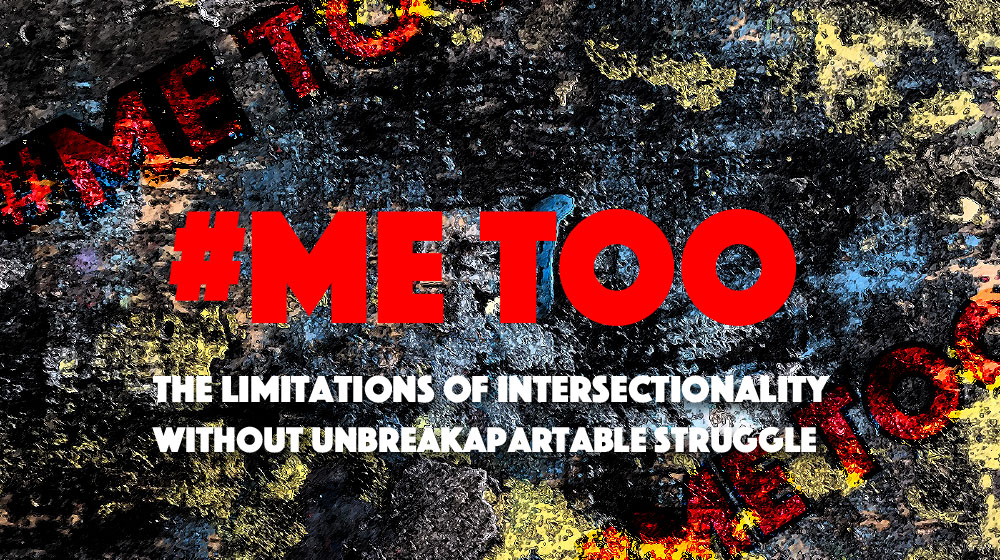
Over the last eight years, “intersectionality” has been used more prominently in activist, academic and mainstream circles. For example, after being challenged, leaders within the Women’s March organization, which sprang up as a response to Trump’s election, expressed the need for their organizing to include voices of women of color, and transgender/gender non-conforming people. This reflects an important shift in movements and popular culture about representation and participation, which supports consciousness raising and encourages women and transgender/gender non-conforming people to get more involved in “politics”. But this type of “intersectionality” falls far short of what is needed for a powerful, feminist movement.
Similarly, the #metoo movement is creating opportunities to talk about women’s oppression in the workplace and interpersonal relationships. These conversations have had a moving impact on the number of women speaking out about their experiences. #metoo is also forcing some men to question their own complicity in violence against women. But when it comes to proposed solutions (firing or locking up the men responsible), there is little analysis about systemic patriarchy and how these solutions reinforce capitalism, racism and state-sanctioned violence against Black people, immigrants, and people with mental illness.